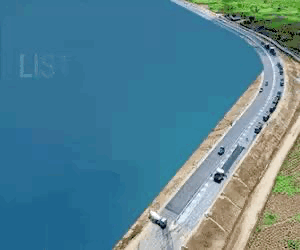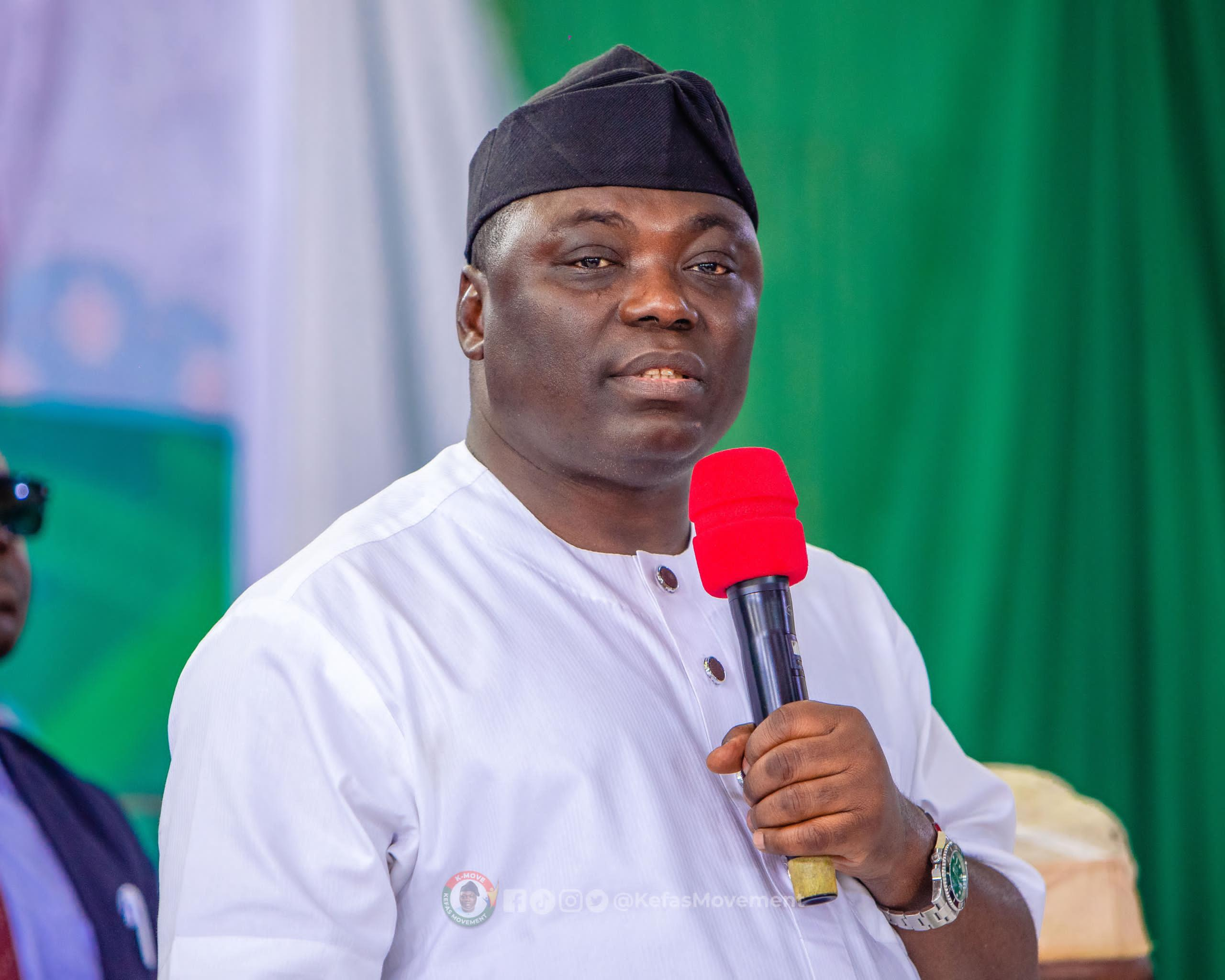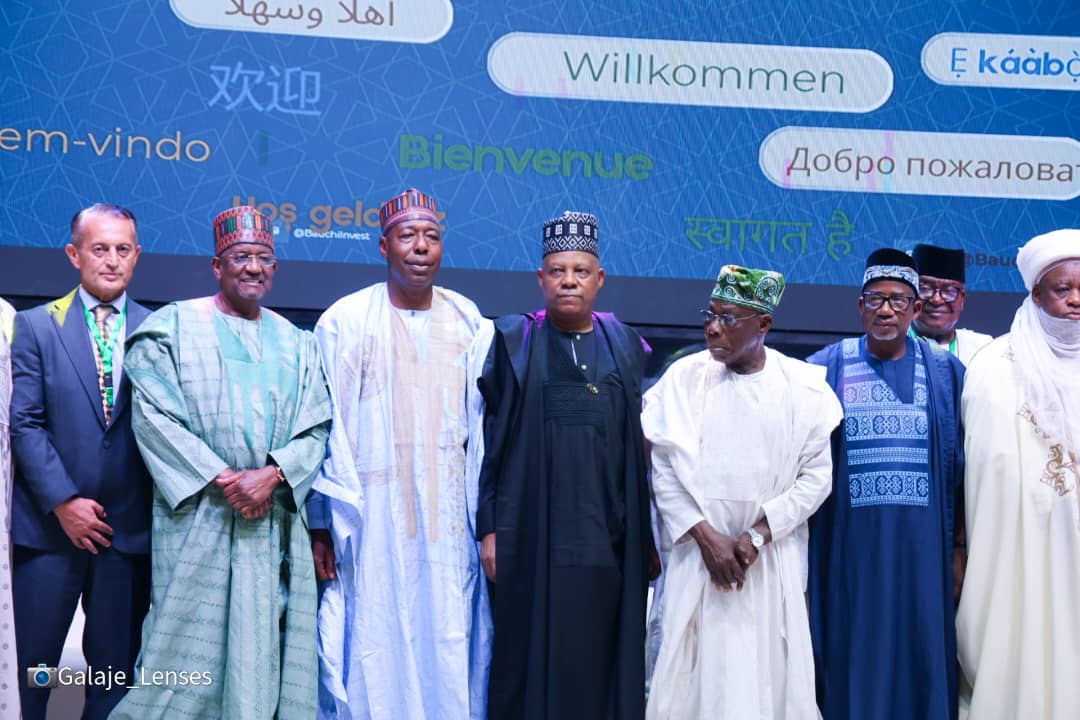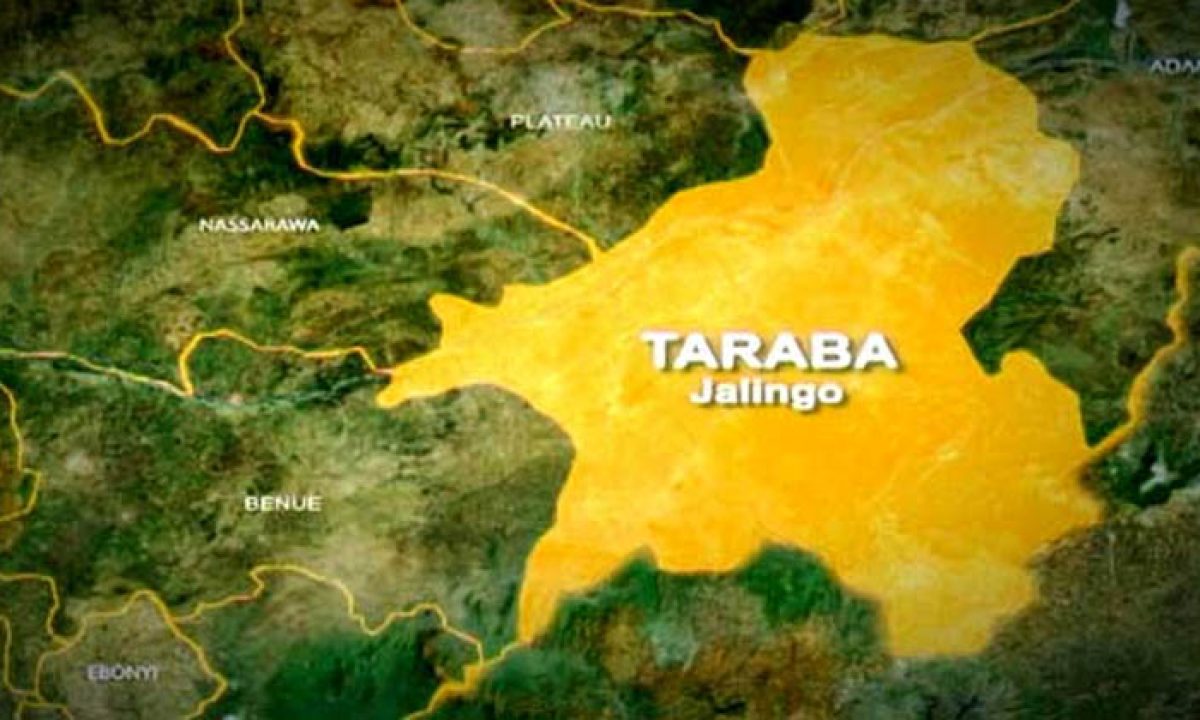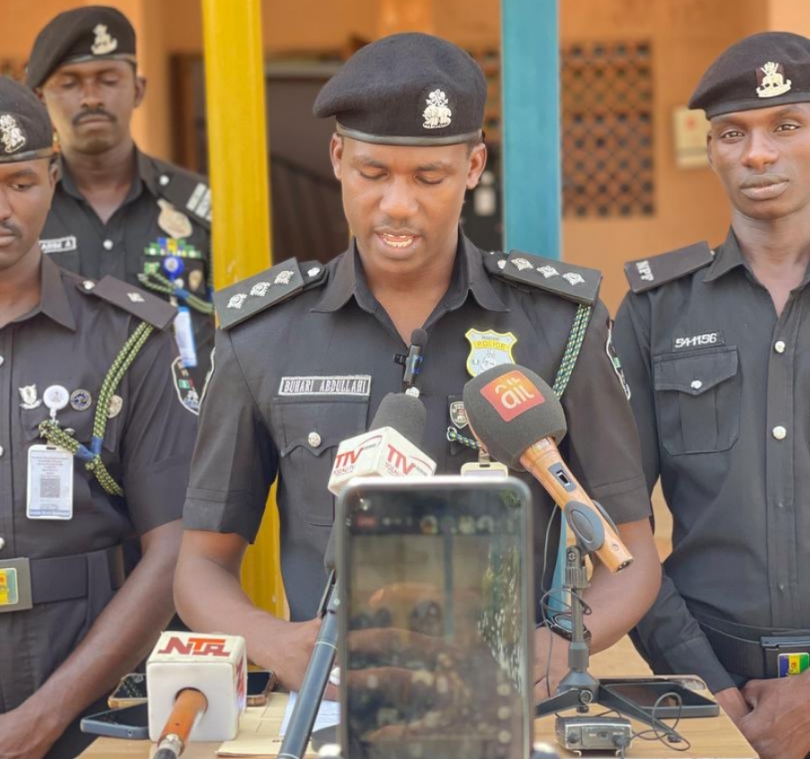By Ben Adaji, Jalingo
Taraba Kefas – Oct. 07, 2025

In the past two years, Governor Agbu Kefas of Taraba State has prioritized security, education, healthcare, agriculture, and civil service welfare as the cornerstone of his administration.
To many observers, these efforts are commendable. But to the wider population of Taraba, the Governor’s performance so far has fallen short of expectations for a government two years into its tenure.

While the administration has made gains in security, improved agricultural inputs, declared free education, begun healthcare rehabilitation, and ensured timely payment of salaries, many Tarabans also expected simultaneous progress in township and rural roads, electricity supply, potable water, and other critical infrastructure.
The state’s needs remain vast. Across its 16 local government areas, basic infrastructure is lacking, and even Jalingo, the state capital, struggles with roads and social amenities. Upon assumption of office in 2023, Governor Kefas promised to “hit the ground running.” Yet, after two years, his visible achievements remain concentrated in just a few sectors, while the results of his several foreign trips are yet to materialize.
The Governor himself admits that the challenges he met on ground were far deeper than anticipated. According to him, Taraba, 34 years after creation, lacked a development plan. Even Jalingo, the capital city, had no master plan, making meaningful projects difficult to initiate. To address this, Kefas assembled technocrats from across the state to draw up a 30-year development blueprint—a task that consumed time, resources, and energy, and partly explains the delay in tangible projects.

Last week, Kefas announced that the long-awaited plan has been completed. He pledged that by October 2025, Tarabans would begin to see infrastructural projects, particularly in road construction, across the state.
To further engage citizens, Kefas embarked on town hall meetings across the three senatorial zones—Wukari (South), Bali (Central), and Jalingo (North). In Wukari, he stressed the importance of security, farming access, and education, reiterating his policy of free and compulsory basic education and a 50% reduction in tertiary tuition.
In Bali, stakeholders demanded electricity and basic infrastructure, pointing out that none of the five LGAs in the zone are connected to the National Grid. The Governor admitted to the daunting challenges, but promised that post-rainy season, projects would commence in earnest.
In Jalingo, citizens called for the completion of the Mararaba–Pantisawa road and urgent work on township roads. Kefas acknowledged the frustration, citing unpaid debts inherited from past administrations, including for major road projects. He assured that road construction would begin by October and revealed that the Taraba Airport runway had been remodelled at a cost of ₦24 billion.

Observers believe the Governor now appears ready to shift from groundwork to execution. This optimism is fueled by the recent $268.63 million (over ₦400 billion) investment secured from the ECOWAS Bank to drive agriculture, industrialization, and energy development.
The funds are earmarked for a 10,000-hectare irrigated rice farm, a 16-tonne capacity rice mill, a modern industrial park, and a 50-megawatt solar power plant. Analysts view this as a potential game-changer for Taraba, provided the resources are transparently and effectively applied.
THE NEWSPOINTER NEWSPAPER
Your Trusted Daily Online News Source.
Bringing you the latest in:
🗞️ National & Local News | ⚽ Sports | 🧵 Fashion | 🏛️ Politics | 🚨 Breaking News
Published by: Humtaro & Co.
Governor Kefas himself insists that the period of planning is over. “I have been blessed by God, and it is now time to work for the people,” he said in a recent interface with journalists.
As Tarabans wait for October’s promised rollout of infrastructure, one truth stands clear: this moment is decisive. If the administration delivers, Kefas may yet transform skepticism into hope and inscribe his name in the state’s history. If not, he risks confirming fears that his tenure could rank among the least impactful in Taraba’s political journey.
